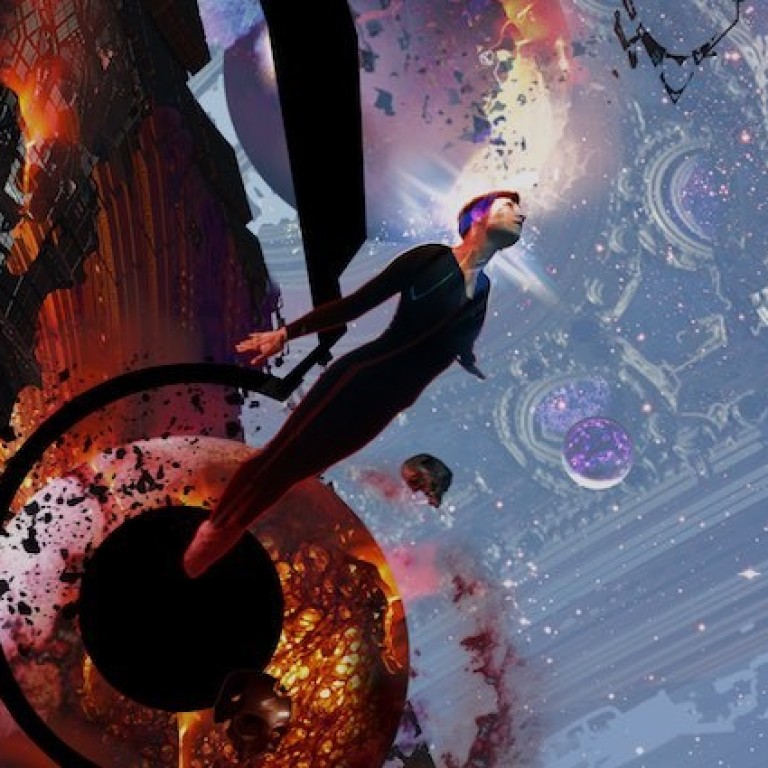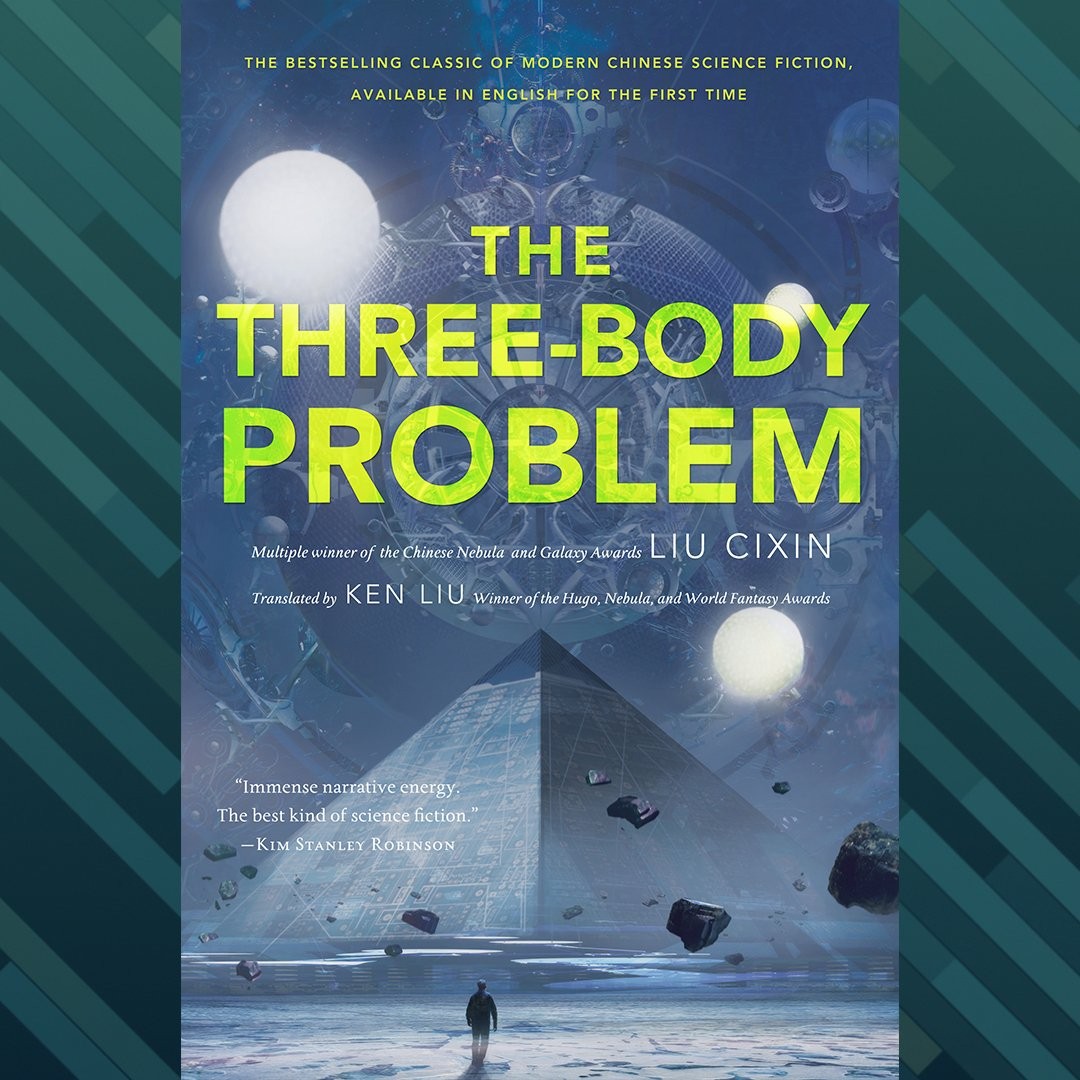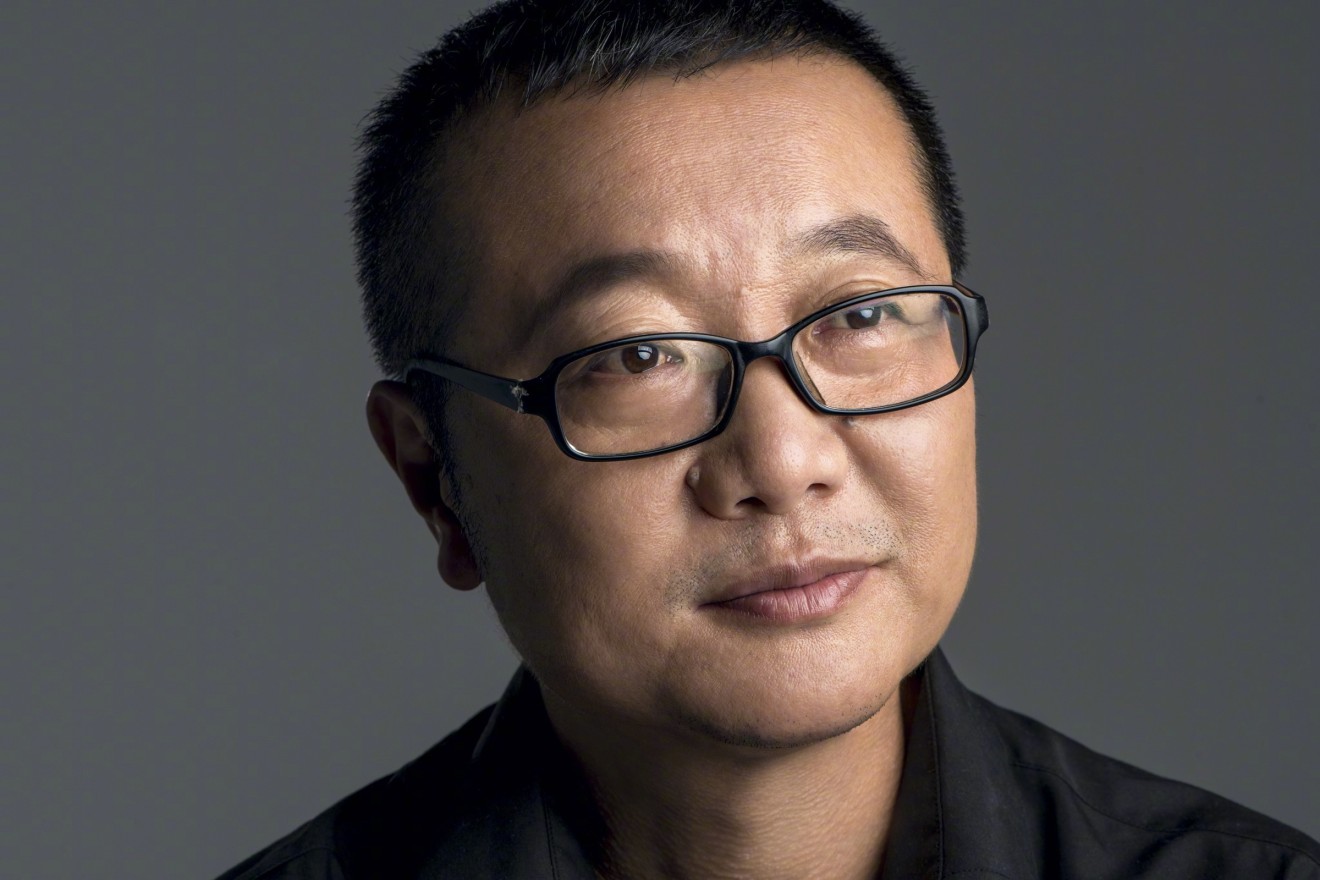
China doesn’t want its greatest sci-fi work filmed in China
Liu Cixin’s Three-Body Problem is getting TV show from a Chinese gaming company, but fans want HBO
It’s China’s best-known work of science fiction, but Chinese fans don’t want Chinese TV producers to touch it.
The Three-Body Problem trilogy, officially named Remembrance of Earth’s Past but more widely known by the title of the first book, is finally set to be made into a TV show. The novel and its writer, Liu Cixin, already hold cult classic status in China with Liu being the first Asian ever to win the Hugo Award, the most well-known international prize for sci-fi literature.
However, the announcement that the story of Earth fighting off a dangerous alien species is finally getting adapted for TV has left some loyal fans disappointed.

One of Liu Cixin’s works has already been adapted into the hit movie The Wandering Earth, a Chinese blockbuster that broke records at the box office over the Chinese New Year holiday this year. It earned nearly half a billion dollars in its first ten days of release.
So why would the news about a TV series be so upsetting for fans?
Yoozoo has also been promising to adapt The Three-Body Problem into a film for years. After the filming announcement in 2014, the movie was indefinitely shelved in 2016 during post-production. Rumors circulating at the time suggested the quality wasn’t satisfactory, which is why some of the book’s fans seem to have little faith in Yoozoo to deliver.
Other Weibo users noted that the TV show will likely end up partially censored. The book covers Cultural Revolution, a period in China that is still considered sensitive for the ruling party.

“Such a great science fiction novel (...) must be filmed by the Chinese themselves, and if it must be ruined, it should be ruined in the hands of our Chinese people."
For more insights into China tech, sign up for our tech newsletters, subscribe to our Inside China Tech podcast, and download the comprehensive 2019 China Internet Report. Also roam China Tech City, an award-winning interactive digital map at our sister site Abacus.

